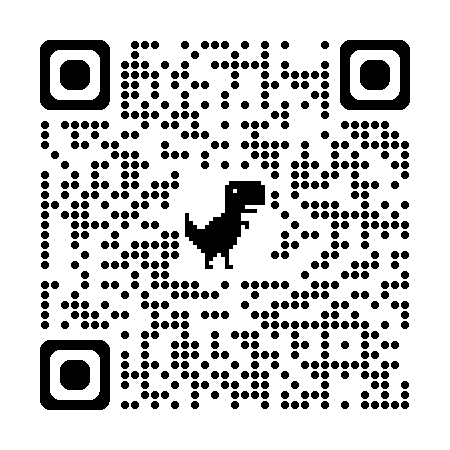Knowledge of pneumonia, perceived susceptibility and mothers’ care-seeking behaviour in Saki West Local Government Area of Oyo State, Nigeria
Keywords:
knowledge of pneumonia, perceived susceptibility, mothers’ care seeking behaviour, Oyo State, NigeriaAbstract
Background: Pneumonia is one of the public health issues that is prevalent in Nigeria. Perceived susceptibility and the knowledge of health issues have been identified as essential predictors of care seeking behaviour. However, there is scarcity of studies that have linked these variables (perceived susceptibility and the knowledge of pneumonia) with mothers’ care seeking behaviour.
Objectives: This study examined the influence of knowledge of pneumonia and perceived susceptibility on mother’s care seeking behaviour for under-five children in a selected area of Oyo State.
Methodology: A cross sectional research design was adopted while multi-stage sampling method was used to randomly select 546 women for the study. The questionnaire served as the instrument for data collection. The age of the participants ranges from 15 and 53years with 28.49±6.99.Results were analysed using descriptive and inferential statistics.
Results: The outcome revealed that perceived susceptibility had a significant positive relationship with knowledge of pneumonia in mothers whose children were living with pneumonia (r [546[=.275, P<.01). Similarly, perceived susceptibility significantly and positively connected with mothers’ care seeking behaviour (r [546] =.088, P<.05). However, knowledge of pneumonia did not significantly associate with care seeking behaviour (r [546] =.045, P>.05). Furthermore, knowledge level of pneumonia showed no significant association with mothers’ care seeking behaviour (t [544] =-.235, P>.05). Finally, there was a significant association between knowledge of pneumonia and perceived susceptibility to the health issue (t [544] =-3.65, p<.01), as women with high knowledge level of pneumonia (M=34.56, SD=5.17) significantly reported more perceived susceptibility to pneumonia than women with low knowledge level of Pneumonia (M=32.91, SD=5.19).
Unique contribution: The current study has shown that mothers whose children are susceptible to pneumonia basically had some levels of knowledge of health issue and thereafter seek care for their children. This information will be useful for health campaigns on how to combat pneumonia.
Conclusion: The study concludes that perceived susceptibility is significantly associated with knowledge of pneumonia and care seeking behaviour among mothers whose children live with pneumonia. Also, knowledge level of pneumonia did not significantly link with perceived susceptibility.
Key recommendation: Efforts should be put in place to better improve mothers’ care seeking knowledge of pneumonia with a corresponding possibility for improvement in care seeking behaviour.
Downloads
Published
How to Cite
Issue
Section
License
Copyright (c) 2019 Ianna Journal of Interdisciplinary Studies ISSN (Print) 2735-9883; ISSN (Online) 2735-9891

This work is licensed under a Creative Commons Attribution-NonCommercial-ShareAlike 4.0 International License.



